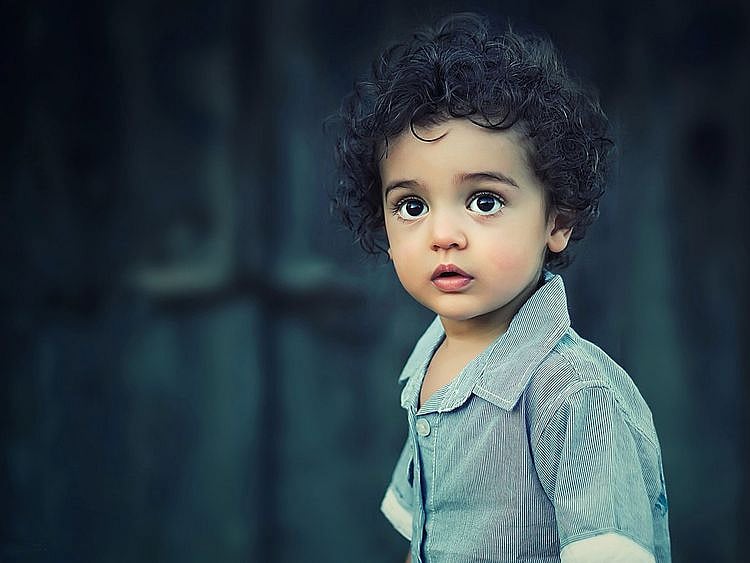Hi,
How do I explain to my 2-year old that his parents are getting a divorce? My child is an exceptionally sweet and fun-loving little one. He is very close to both of his parents. This isn’t one of those relationships where the father is away and distant. We are currently separated, still living in the same house until the divorce is finalised. We have actually become more civil since the separation. How do I tackle this with my toddler? He will definitely ask where his father is, when we live separately.
- Just a parent
Answered by Sneha John, Child & Adult Psychologist, LifeWorks Holistic Counselling Centre
Dear Parent,
Explaining divorce to a child can be tricky, especially as your little one is in his key developmental years and may not be able to understand the practical reasons for this decision. It can also be difficult when you are going through a critical life-transition yourself. The key is to keep the process of telling your toddler as simple and straightforward as possible. Here are a few ways to approach this:
Address this topic together
Even if you and your partner may not be getting along, mutually discuss how you may speak about this to your child. Talking to him together will assure him that you were both involved in this decision. Your child will further understand that both his parents will continue to care for him though living separately. As the divorce is still getting finalised, ensure that this topic is address after finalization.
Also Read
Why Worry: 'I laughed at a funeral'Why Worry: 'I ran away from my kids'Why Worry: Depression follows me like a shadow, please helpWhy Worry: 'Is it advisable to marry someone 11-years older than me?'A good head-space matters
Another important factor to consider would be your emotional state. As you are also processing this life-transition, you may be going through a myriad of emotions. Hence, while addressing the topic, ensure that you are in a fairly calm and clear head-space.
Non-verbal communication is powerful while dealing with children. Hence, your child may easily pick up your body-language, tone of voice and overall demeanor. Keep information clear and affirmative.
As a 2-year-old, your child will be learning to form stronger emotional bonds and feels sorry when others are upset. He will like exploring his environment while also wanting a routine. Introduce the change slowly and give him time to adapt. With that being said, acknowledge that you would be feeling uneasy, anxious, apprehensive and sad while speaking about this.
Keep a track of how you are feeling throughout the discussion. Be prepared for any kind of reaction when you break the news. Your child may respond by acting out, crying, throwing a tantrum or walking away. Some children may not react to the news at all which is perfectly normal. This just means that your child may need some time to process emotions.
Give him space and answer questions as he approaches you. Avoid probing further and asking several questions. Children’s reactions to the topic discussed is not solely dependent on the way it is communicated. They need the time and space to process.
Simplicity is key
Use simple and clear language. For example, it can something can like this: ‘Mommy and daddy love you very much. But starting now, Daddy will live in a different house and mommy will stay in this house. You will stay with mommy, and you will see daddy too. Mommy will take care of you, give you your favorite foods, read you bedtime stories and tuck you in, and give you lots of hugs. Daddy will take care of you, give you your favorite foods, read you bedtime stories and tuck you in, and give you lots of hugs.’ Keep the conversation brief without explaining too much. Take your child to see his father’s new home, which can relieve his anxiety.
Some things don’t change
It is common for toddlers to be concerned about “getting a divorce” from their parents. You can tell your toddler ‘Mommy and daddy will not live in the same house. We will always love you and take care you. Your family will always be mommy, daddy and you.’
Cultivate healthy mindset in your child
For your child to have a healthy mind-set of the new family system, your self-care is vital. Take good care of yourself so that you can look after your child. Especially in the next few years, ensure that you spend 2-3 hours of quality time with your child and are not over-worked. Avoid blaming your partner and help your child develop a healthy bond with his father. If your child likes to speak about Daddy often, encourage this and do not stop him from this. If he has specific questions for his father, you can even say ‘that’s a good question. Let’s ask Daddy when you meet him.’ Approach him warmly and lovingly even as he speaks about or asks for the other parent. This would help him feel safe and secure in the midst of change.
Actions speak louder than words
Share plenty of time together and show that you can be counted on. Maintain your child’s usual routines—rules, chores, dinnertime, bedtime—with both parents, in both households. This kind of consistency will help your child to feel more secure.
If you have questions that you would like answered by a mental health professional in the UAE, please write in to readers@gulfnews.com. Also, please let us know if you'd rather stay anonymous.
Disclaimer: This blog is a conversation and is not an alternative for treatment. The recommendations and suggestions offered by our panel of doctors are their own and Gulf News will not take any responsibility for the advice they provide.
Sign up for the Daily Briefing
Get the latest news and updates straight to your inbox
Network Links
GN StoreDownload our app
© Al Nisr Publishing LLC 2026. All rights reserved.
